Pet Safety: How to Pet-Proof Your Home for Every Season
Creating a truly pet-safe home requires vigilance that adapts with the seasons. What’s harmless in winter could be deadly in summer. This comprehensive guide outlines critical seasonal hazards and actionable strategies to protect dogs and cats year-round.
Year-Round Foundations
Secure Toxins: Lock cabinets containing cleaners, medications, and automotive fluids. Use childproof latches.
Trash Tactics: Utilize pet-proof trash cans with secure lids. Never discard food scraps, especially bones, coffee grounds, or toxic foods (chocolate, grapes, onions, xylitol) in open bins.
Cord Control: Bundle electrical cords and use cord protectors to prevent chewing and electrocution risks.
Plant Patrol: Remove or place out of reach all plants toxic to pets (e.g., lilies, sago palm, philodendron). Consult the ASPCA’s Toxic Plants list.
Small Object Sweep: Regularly check floors for dropped items like hair ties, batteries, coins, and small toys.
Spring: Awakening Dangers
Key Risks: Toxic plants (lilies, tulips, daffodils), fertilizers, pesticides, herbicides, open windows, shedding season ingestion.
Protection Strategies:
Research before planting. Opt for pet-safe flowers like roses or snapdragons.
Store lawn/garden chemicals securely. Restrict pet access to treated areas per product instructions (often 24-72 hours).
Install secure window screens or limit openings to prevent falls. Ensure screens are tightly fitted.
Increase brushing to reduce hairballs from ingested fur.
Summer: Heat & Hazards
Key Risks: Heatstroke (cars, hot pavement), toxic algae in water, parasites (fleas, ticks, mosquitoes), pool drownings, BBQ dangers (skewers, lighter fluid), fireworks anxiety.
Protection Strategies:
Never leave pets unattended in vehicles. Limit walks during peak heat; test pavement with your hand.
Prevent access to stagnant water. Ensure pool safety with ramps/fences and supervised swimming.
Maintain consistent flea/tick/heartworm prevention as advised by your veterinarian.
Keep pets indoors during BBQs and fireworks displays. Create a safe, quiet den space. Secure all grilling tools and fuels.
Fall: Shifting Threats
Key Risks: Rodenticides (rat poison), antifreeze leaks, mushrooms, toxic nuts (walnuts, macadamia), Halloween candy/chocolate, decorations (candles, small objects), cooler temperatures enticing pets into unsafe areas (garages, sheds).
Protection Strategies:
Use extreme caution with rodenticides; opt for pet-safe traps if necessary. Check garages/driveways for antifreeze spills (highly toxic).
Remove fallen nuts and mushrooms from yards promptly.
Keep all Halloween candy absolutely inaccessible. Secure decorations away from curious pets; use battery-operated candles.
Ensure garages/sheds are securely closed; store chemicals high up.
Winter: Cold & Chemicals
Key Risks: Antifreeze (ethylene glycol), rock salt/ice melts, hypothermia, frostbite, space heaters/fireplaces, Christmas tree dangers (tinsel, ornaments, water additives), indoor dry air, holiday foods (rich/fatty, bones, alcohol).
Protection Strategies:
Clean paws immediately after walks to remove salt/chemicals; use pet-safe ice melts. Wipe antifreeze spills thoroughly.
Limit outdoor time in extreme cold. Provide warm, draft-free indoor shelter. Avoid shorthaired breeds walking on ice/snow without protection.
Use fireplace screens and keep space heaters behind barriers. Anchor Christmas trees securely; avoid tinsel and fragile ornaments low down. Cover tree water stands.
Keep holiday foods and alcohol out of reach. Inform guests not to feed pets scraps.
Conclusion: Vigilance is Key
Pet-proofing is an ongoing, seasonal commitment. Regularly assess your home environment through your pet’s eyes. Combine these strategies with training (“leave it” command is vital) and immediate veterinary consultation if ingestion or exposure is suspected. Post the ASPCA Animal Poison Control Center number (888-426-4435) and your vet’s emergency number visibly (e.g., fridge magnet). Consistent, proactive measures tailored to each season offer the best protection for your beloved companions.

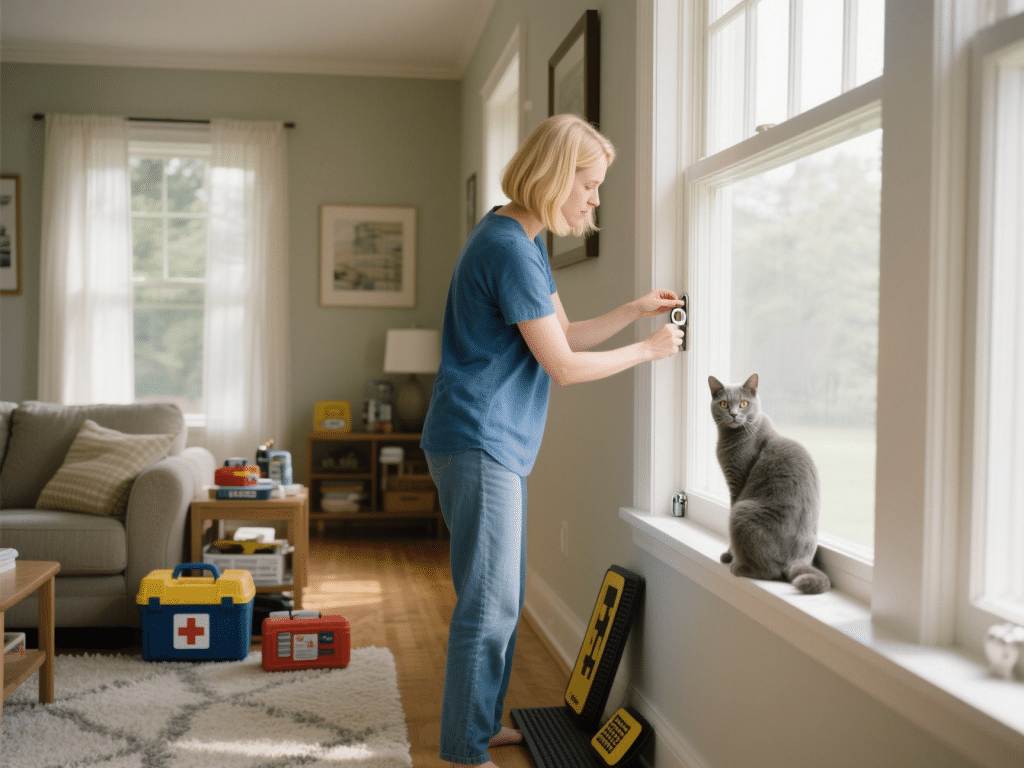
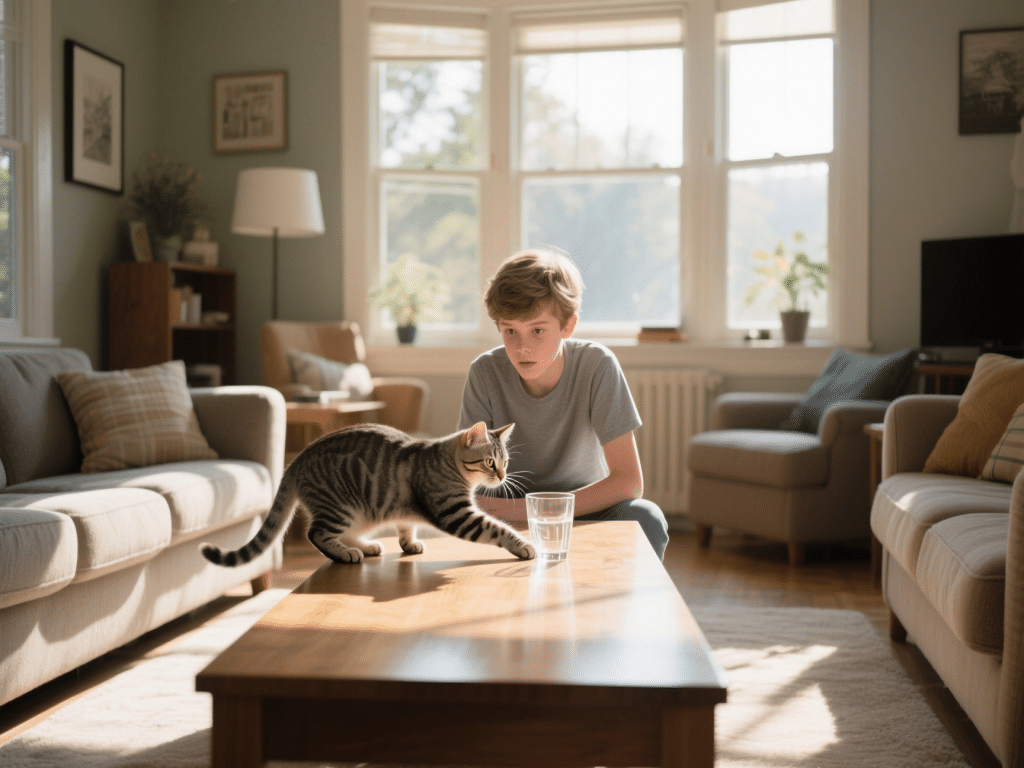

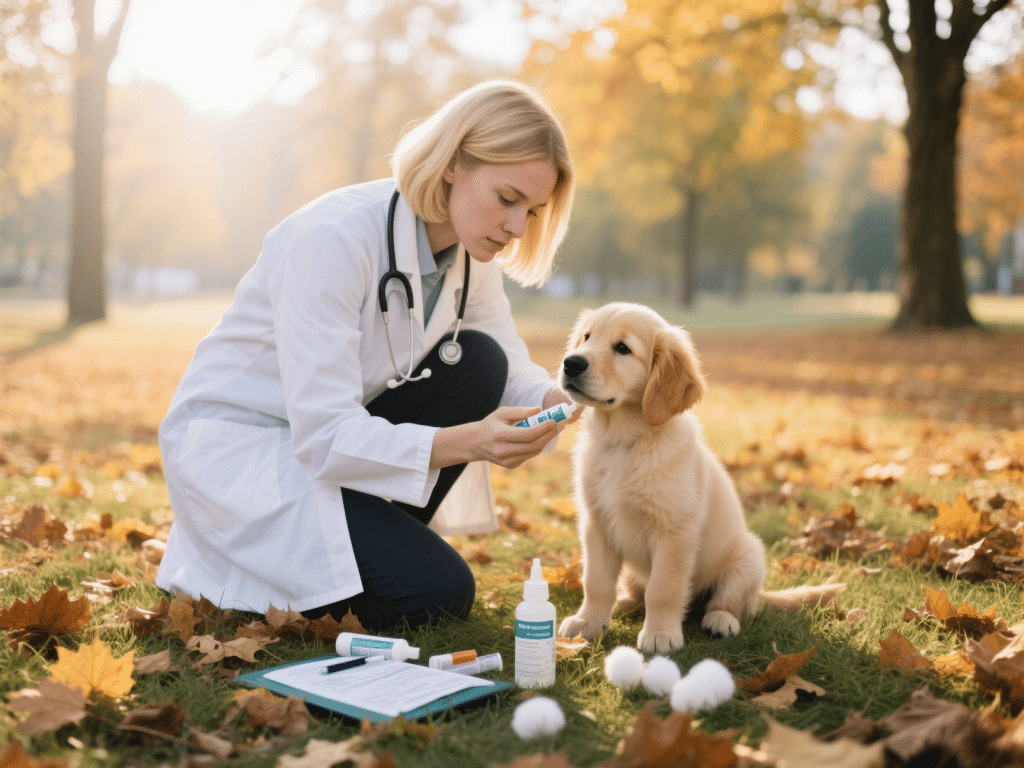
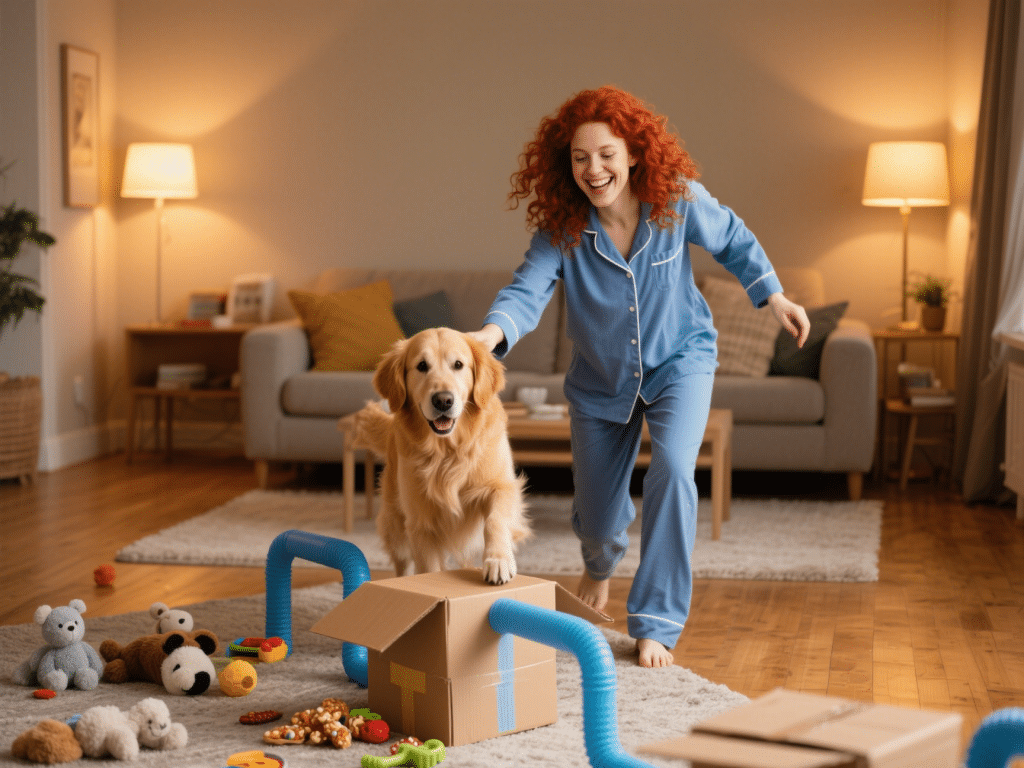

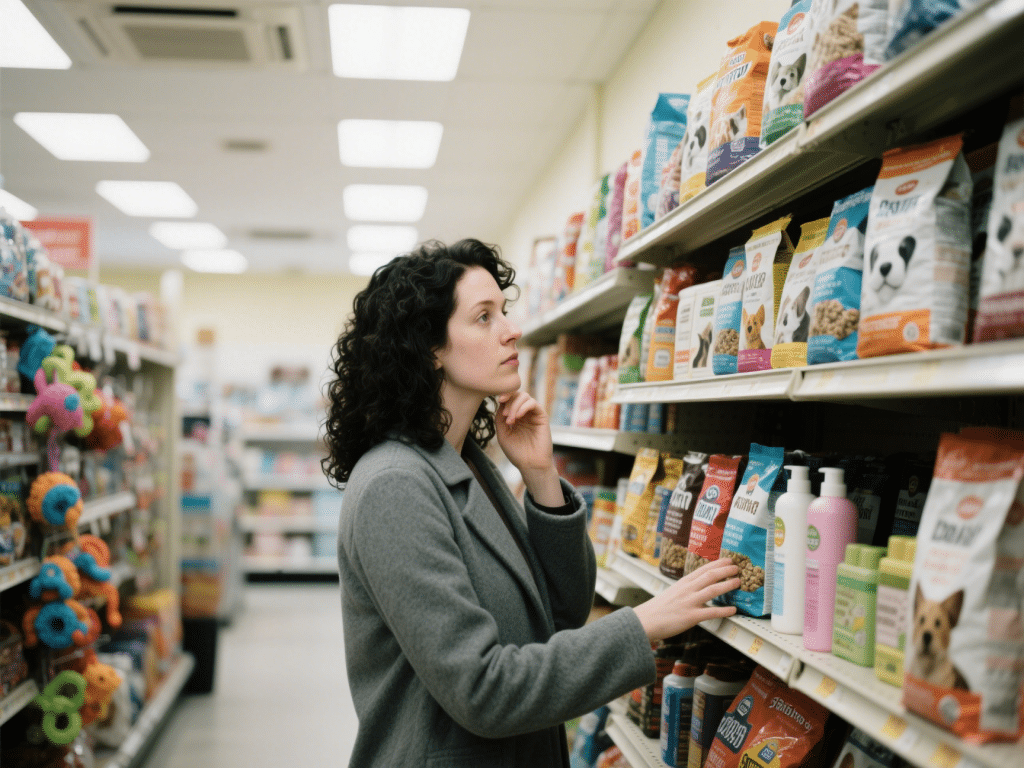
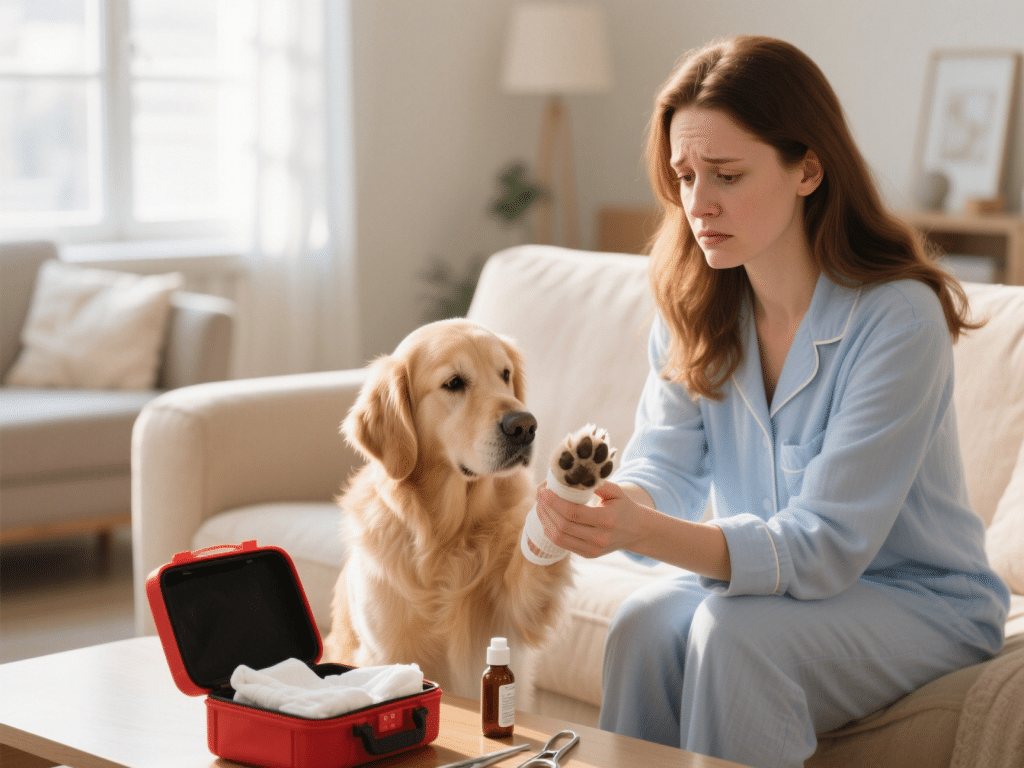

Comments on " Pet Safety: How to Pet-Proof Your Home for Every Season" :